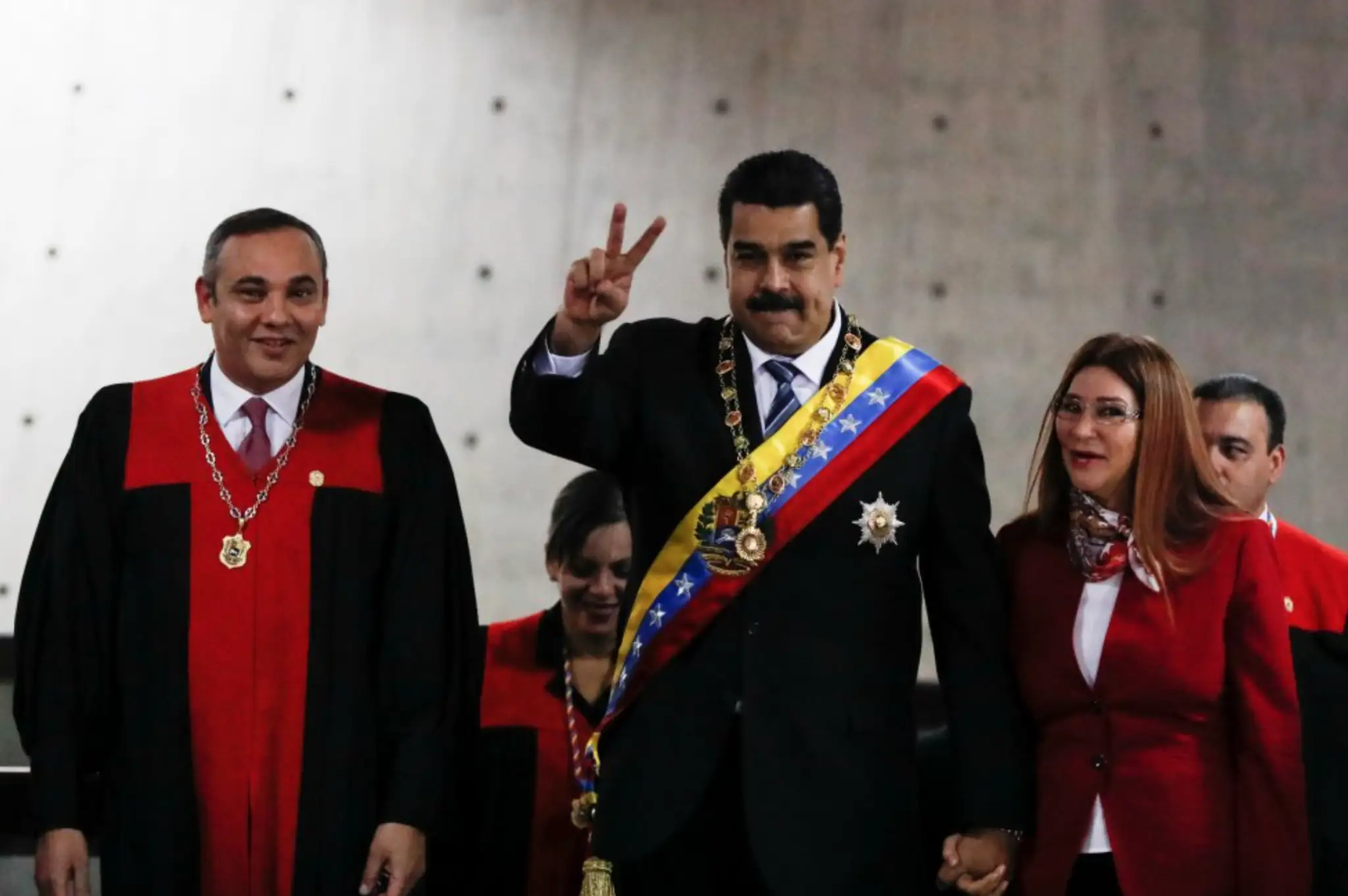One of the most transcendental advances in the development of humanity is related to the limitation of the use of power. Anointed for centuries by a magical character that justified its practice, whether by the unrestricted use of force, by religious or astral worldviews or simply based on fantastic stories, it was also maintained within narrow consanguineous circles or specific social groups configured by racial patterns, land tenure or the exercise of a specific art in tasks as diverse as hunting, agriculture or trade.
The evolution of the human species established customs that ended up in norms that gradually regulated the exercise of power. Each social group had its own experiences in the fertile valleys of Mesopotamia, the Nile or the Indus, as well as later in the heights of Machu Picchu or in the Mesoamerican jungles. There was not a single human community that did not fail to confront the meaning of power and its justification.
The Enlightenment and the so-called Liberal Revolution, so closely linked to it, although it had its epicenter in Western Europe, did not fail to affect the rest of the world in its hypotheses and consequences, and notably the Americas. The consequences had immediate effects on at least three issues related to politics: the construction, definition and development of national states; the rule of law; and the idea that all power emanates from the people. Power, therefore, was restricted to a space, subject to rules that counterbalanced its exercise, and required the endorsement of the people.
In Latin America, despite the enormous heterogeneity of its countries, liberal constitutionalism, which has been widely installed for two centuries, dealt with the issue of the organization of power from the theoretical assumptions of presidentialism. If in the first decades, the preeminence of caudillos had to be confronted, little by little it was accepted that the idea of non-reelection should be preeminent. The Mexican Revolution, raised in 1910, under that assumption, was a very notable exemplary case.
This issue has not been closed and reappears whenever there is a desire to impose hegemonic projects. The number of examples in this regard is numerous. Suffice it to recall the uncomfortable relationship that Juan Domingo Perón had with the principle of non-reelection, and later Alberto Fujimori, Carlos S. Menem, Hugo Chávez, or Álvaro Uribe. On the other hand, clearly, dictatorial regimes such as those of the Somoza in Nicaragua, Alfredo Stroessner in Paraguay, and Rafael L. Trujillo in the Dominican Republic violated non-reelection.
The other check on power was located in its very heart under the dual idea of division and balance. Political regimes with three classic powers defined institutional arrangements that theoretically stipulated that no power would be above the other and that in their daily life, they should exercise a game of checks and balances. This scenario led to the opening of a huge number of conflicts in which the concept of governance was used to define the state of affairs. To give an idea of the real-life impact they had, in the last four decades in Latin America, there have been some thirty presidential interruptions, eight of which involved impeachments of the president by Congress; six, presidential resignations, followed by early elections; and two, parliamentary declarations of presidential incapacity. Three Congresses have been dissolved by presidential decision.
At present, and in the immediate electoral calendar, there are three worrying cases in Latin America in which the restriction to power is in question for reasons of strict application of its temporal limitation.
In 2024 in Venezuela, Nicolás Maduro will run again for the third consecutive time for the Presidency, thanks to a permissive regulatory framework, but where the arbiter of the contest, the National Electoral Council, will play a partial role, since all of its members will be replaced, but Maduro’s wife, Cilia Flores, will play an essential role in the configuration of the new one.
On the other hand, and also in 2024, Nayib Bukele continues his path to presidential reelection in El Salvador, skipping the existing constitutional impediment in this respect, and following the spurious constitutional interpretation model of his neighbor, Daniel Ortega.
Finally, Dina Boluarte has just proclaimed in a press conference that the possibility of bringing forward the presidential elections in Peru was closed and that she will continue to work until July 2026. While it is true that this is the deadline for the end of the term for which she was elected, together with Pedro Castillo in 2021, it is no less true that, when she took office after the fall of the latter last December, she stated that she would call elections within six months. Today she clings to power with an approval rating of barely 15% of her administration. She has no bench that supports her in Congress, and depending on a circumstantial majority that could soon be undone.
Placing time limits on the exercise of authority is a point that is linked to the democratic quality of a political system. It is a normative matter, but it is also linked to the democratic convictions of those who hold power. On the other hand, it is a measure that removes from the political arena the personalistic impulses that contribute to the patrimonialization of power, to deinstitutionalization, and, in short, to the inclination toward abuse that feeds corruption.
*Translated from Spanish by Janaína Ruviaro da Silva












